Clam Anatomy
It is a bivalve because it has 2 valves and belongs to phylum mollusca. Clams are marine mollusks with two valves or shells.
 Experiment Recording The Muscles Of Clams
Experiment Recording The Muscles Of Clams
Many have a siphon.

Clam anatomy. The soft tissue above the foot is called the visceral mass and contains the clams body organs. The common name is derived from a lushootseed word gʷídəq. For more anatomy content please follow us and visit our website.
In zygotic form clams drift while gradually developing a shell. Concentric rings indicate general growth pattern n h ll f t. It also has a muscular foot which enables the clam to burrow itself in mud or sand.
We are pleased to provide you with the picture named clam anatomy diagramwe hope this picture clam anatomy diagram can help you study and research. Razor clams were named for their long slender shells that resemble straight razors. Like all mollusks a clam has a mantle which surrounds its soft body.
Like all mollusks a clam has a mantle which surrounds its soft body. Anatomy of a pacific razor clam. Growth ring growth ring year 1year 1.
Matrix and calcium by the mantle. The ligament provides tension to bring the valves apart while one or two adductor muscles can contract to close the valves. Males and females release sperm and eggs respectively and these combine as they free float in the wild to form zygotes.
Clams are sexual animals and reproduce through spermatozoic means. A clam in its lifecycle may be male female or hermaphroditic. The pacific geoduck ˈ ɡ uː i ˌ d ʌ k.
New shell forms at the ventral end by secretion of a protein. Pacific razor clams are soft shell clams found on the sandy tidal beaches of the pacific ocean from california to alaska. The geoduck is native to the coastal waters of western canada and the northwest united states.
Clams are marine mollusks with two valves or shells. Growth ring year 2 year 2. Clams also have kidneys a heart a mouth a stomach a nervous system and an anus.
The soft tissue above the foot is called the visceral mass and contains the clams body organs. Panopea generosa is a species of very large edible saltwater clam in the family hiatellidae. It also has a muscular foot which enables the clam to burrow itself in mud or sand.
Shell consists of cal i b t i lcium carbonate in a crystalline form. Clam anatomy is shockingly not unlike human anatomy.
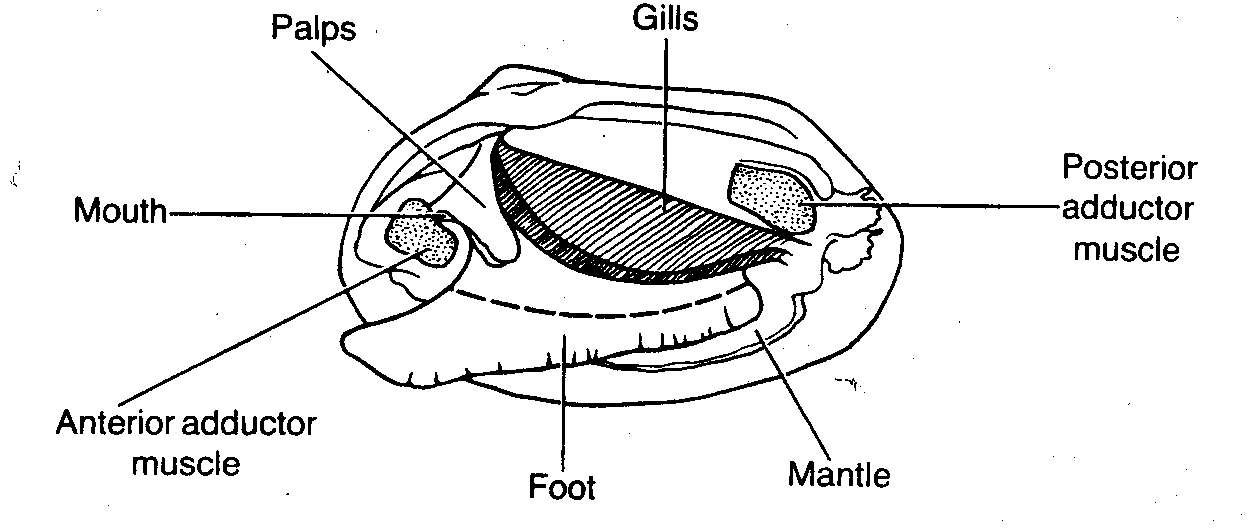 Clam Dissection Biology Junction
Clam Dissection Biology Junction
 Ppt Dissection Of A Clam Powerpoint Presentation Free
Ppt Dissection Of A Clam Powerpoint Presentation Free
The Hatchery Culture Of Bivalves A Practical Manual
 Mollusks Bivalves Marine Biology New Jersey Scuba Diving
Mollusks Bivalves Marine Biology New Jersey Scuba Diving
 Odfw The Life History Of The Razor Clam
Odfw The Life History Of The Razor Clam
 Is This I Think It Is No Wait What Mei Lin Neo
Is This I Think It Is No Wait What Mei Lin Neo
 Fake Dissection Of Clam Anatomy Diagram Quizlet
Fake Dissection Of Clam Anatomy Diagram Quizlet
 Clam Anatomy Lesson Plan For 6th 8th Grade Lesson Planet
Clam Anatomy Lesson Plan For 6th 8th Grade Lesson Planet
 Mollusks Clam Dissection Bivalve Information Ppt Download
Mollusks Clam Dissection Bivalve Information Ppt Download
Giant Clam The Reproductive System
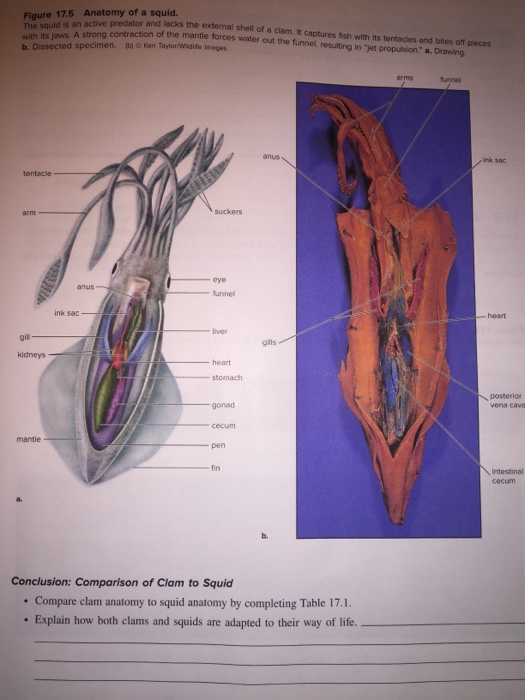
 Anatomy Of Blue Deep Water Clam Art Print
Anatomy Of Blue Deep Water Clam Art Print
 Clam Anatomy And Physiology Diagram Quizlet
Clam Anatomy And Physiology Diagram Quizlet
File Giant Clam Anatomy Svg Wikimedia Commons
Clam Anatomy Reef2reef Saltwater And Reef Aquarium Forum
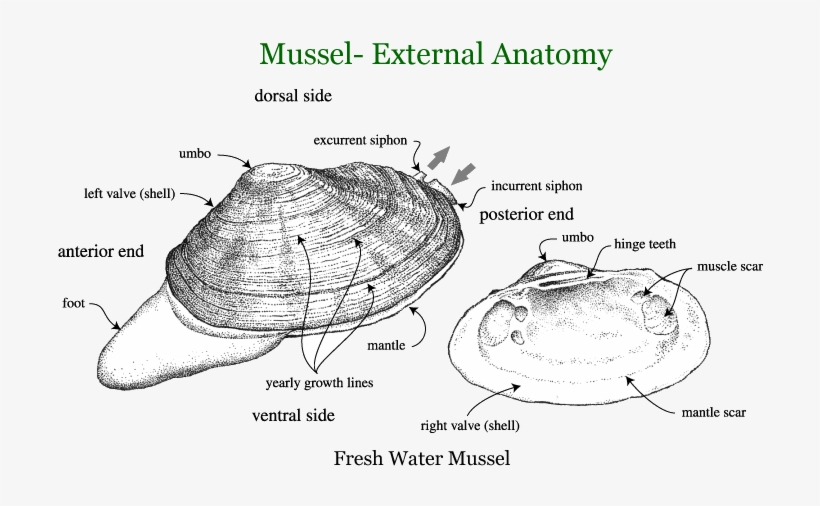 Mussels And Clams External Anatomy Of Mussels Free
Mussels And Clams External Anatomy Of Mussels Free
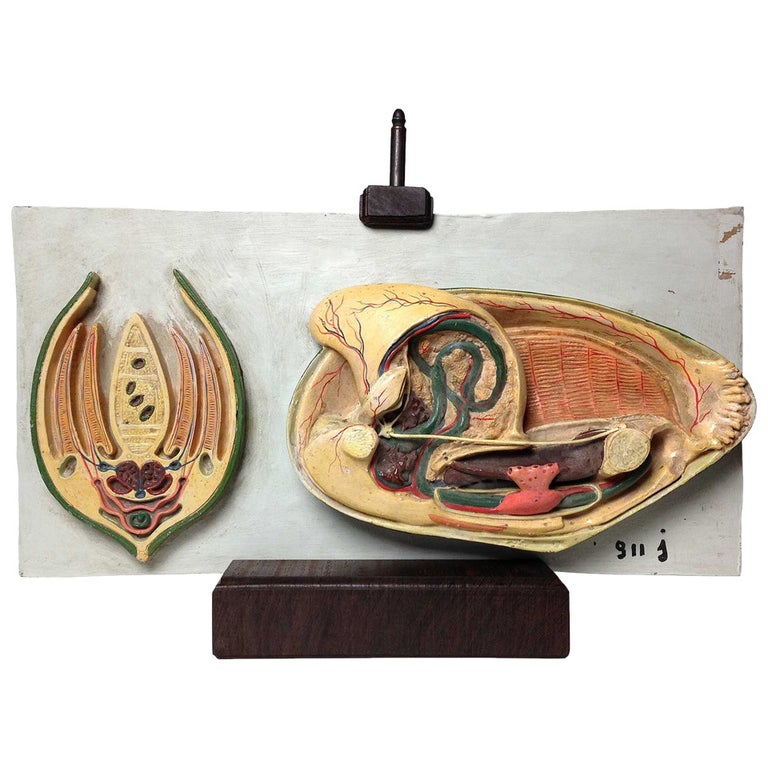 Mussel Or Clam Anatomy Model By Auzoux
Mussel Or Clam Anatomy Model By Auzoux
 Experiment Recording The Muscles Of Clams
Experiment Recording The Muscles Of Clams
Fresh Water Mussel Collection Introduction Anatomy
 Clam Anatomy Memetician Flickr
Clam Anatomy Memetician Flickr
 Clam Anatomy Clam Discussion Nano Reef Community
Clam Anatomy Clam Discussion Nano Reef Community
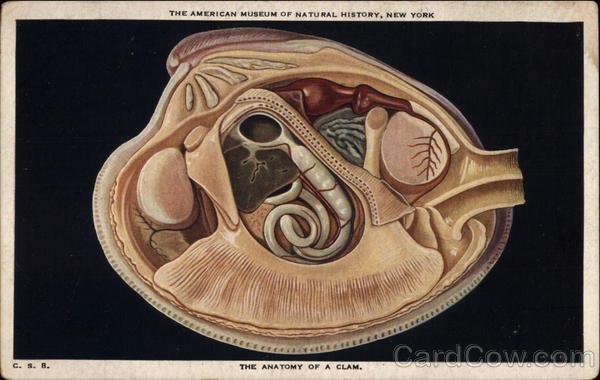

Belum ada Komentar untuk "Clam Anatomy"
Posting Komentar